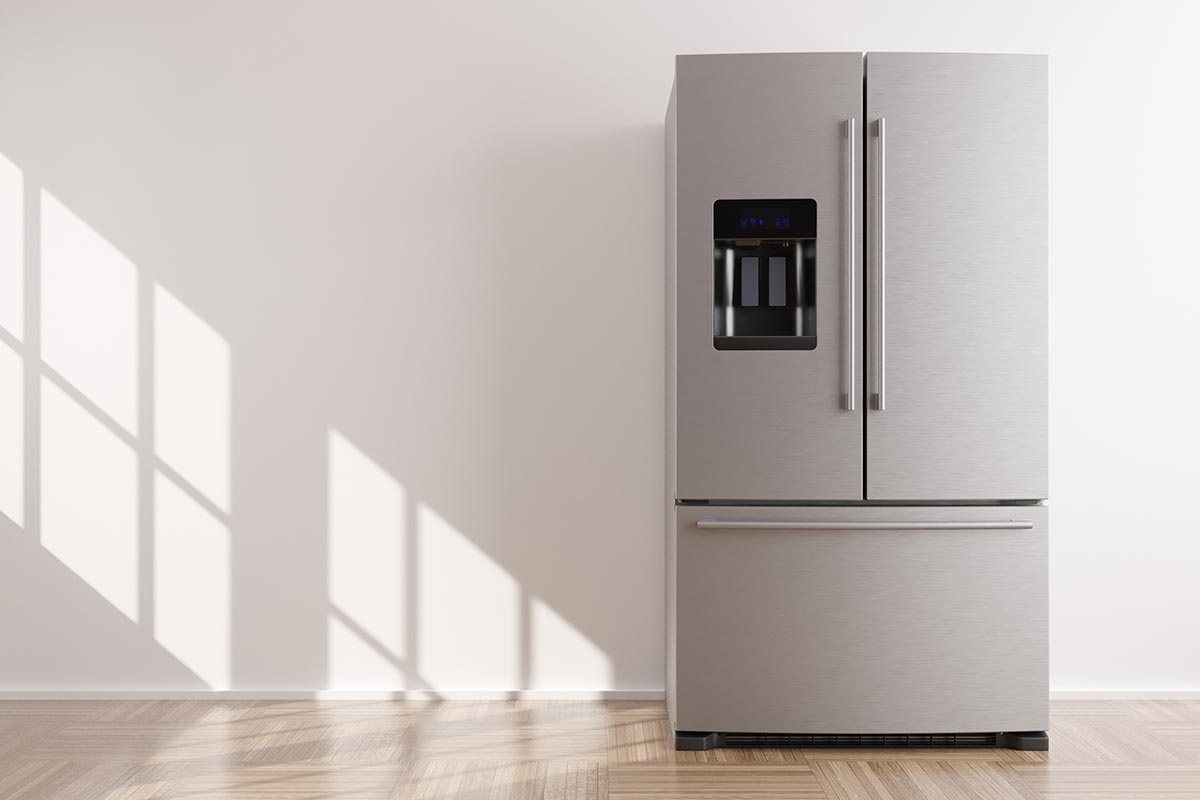10 Questions People Ask Most About IOPs
✨Key Points
- IOP as a Transition Tool: An Intensive Outpatient Program (IOP) is effective for transitioning individuals back into daily life post-inpatient mental health care, providing peer support, coping strategies, and both group and individual therapy.
- Coverage and Accessibility: Most insurance plans cover IOP when referred by a healthcare professional, making it accessible as a treatment option for those with mental health issues and addiction.
- Difference in Care Levels: IOP offers a less intensive level of care than inpatient treatment but more than a traditional outpatient program, making it suitable for individuals with stable living situations and needing a structured therapy environment.
There are many different options for addiction treatment, and choosing the right one can feel overwhelming — especially when you’re trying to balance recovery with work, family, finances, or privacy concerns.
Treatment programs range from inpatient and residential care to outpatient services, peer recovery support, and intensive outpatient programs (IOPs).
Each offers a different level of structure, time commitment, and support, which can make it hard to know what truly fits your situation.
If you’re wondering whether an IOP provides enough care, how it fits into daily life, or whether it’s the right next step in recovery, the questions below can help.
Here are 10 common questions and clear answers about intensive outpatient treatment to help you make a more confident, informed decision.
What is IOP Mental Health?
An intensive outpatient program mental health approach is a great next step after an inpatient mental health stay.
An inpatient stay helps stabilize patients after suicide attempts or self-harm.
IOP mental health offers a way to transition back into your regular life, offering peer support, coping strategies, group therapy sessions, and individual counseling.
They’re good for those who have a dual diagnosis.
What is an IOP Program?
An IOP program is a high-level care treatment option for those suffering from mental health issues, addiction, and other concerns.
Those who opt into an IOP can expect to attend group therapy sessions, individual counseling, and life skills classes.
Some of the classes offered can address trauma, emotion regulation, and relapse prevention.
What’s the Difference Between Inpatient and Outpatient Treatment?
The main difference between the two options is that inpatient treatment requires that patients stay overnight, and outpatient treatment allows patients to stay at home.
Inpatient treatment is usually less than a week’s stay, and they offer more hands-on support.
They’re best suited to individuals suffering from dual diagnoses, needing a medical detox, and lacking a safe home environment.
A quality, supportive iop in southern california or other areas can foster faster recovery for many issues.
How Long is an IOP Program?
The length of an IOP program can range from several weeks to several months.
Every patient is different, and the length of treatment will depend on an individual’s unique situation and needs.
Other factors like a patient’s commitment to recovery, severity of addiction, and response to treatment will also affect the length of the treatment program.
What’s an IOP Level of Care?
When you’re participating in an IOP, you can expect to attend therapy sessions, learn how to maintain a sober lifestyle, build a network of supportive peers, and develop social and vocational skills.
What’s IOP for Addiction Treatment?
An addiction IOP treatment program centers around building the life that an addict wants through self-discovery, peer connections, healthy relationships, and job skills.
These are more effective for addicts who have already gone through the detoxification process.
Are IOP and PHP the Same?
No — while Intensive Outpatient Programs (IOPs) and Partial Hospitalization Programs (PHPs) are similar, they are not the same level of care.
A PHP provides more structured and intensive support than an IOP, often with longer daily sessions and closer clinical supervision.
It’s commonly used as a step down from an inpatient or mental health unit stay, helping patients transition safely back into daily life.
An IOP offers more flexibility, allowing patients to continue work, school, or family responsibilities while still receiving consistent therapeutic support.
Because of this, many patients follow a step-down approach, starting in a PHP and moving into an IOP as their symptoms stabilize and independence increases.
If you want, I can also:
add a simple comparison table (IOP vs PHP),
explain who benefits most from each program, or
rewrite this for a more reassuring, patient-friendly tone.
Does Insurance cover IOP?
Most insurance providers will cover an IOP when a healthcare professional refers it.
Your health insurance plan will determine how long you can stay without paying out-of-pocket expenses.
Does IOP Include Group Therapy?
Yes — group therapy is a core part of most Intensive Outpatient Programs (IOPs).
These sessions give participants a structured space to share experiences, learn coping skills, and realize they’re not alone in their recovery.
Many IOPs also offer multi-family therapy, where loved ones take part in guided sessions.
This helps families understand the recovery process, improve communication, and learn how to provide healthier, more supportive boundaries at home.
If you want it even more actionable, I can:
add what a typical group session looks like,
explain how often group therapy happens in IOP, or
compare group vs. individual therapy in IOPs for decision-making clarity.
How Does an IOP Compare to a 12-Step Program?
Unfortunately, 12-step programs do not offer support from professional care providers.
More often than not, this approach is not enough to keep someone from slipping back into addiction.
A 12-step program is better suited for those who have already been through addiction treatment and are maintaining their sobriety.
If you or someone you love is suffering from addiction, you can reach out to the Substance Abuse and Mental Health Services Administration helpline.



















